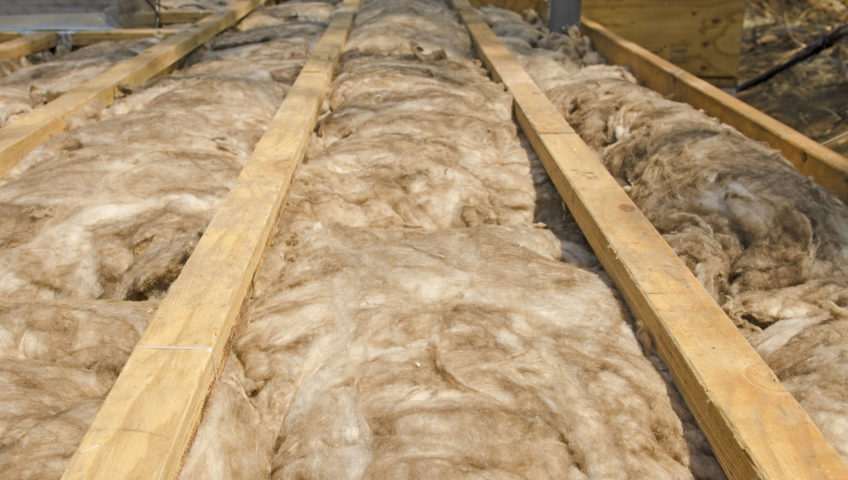
With temperatures dropping, many homeowners will begin to prepare their homes for the change in seasons. While several pests seem to be less of a problem during these months, your house is still at risk of a different type of infestation – rodents. Rats, mice, squirrels, raccoons and even possums consider your home as cozy as you do and will not hesitate to move in. The crawl space below your house, walls and attic are all perfect hiding spots for these pests. Rodent insulation damage is the biggest concern once discovering an infestation.
Rodents prefer safe, warm and sheltered environments – making the inside of your walls and attic the ideal home. Insulation that can be found in these places can be even more inviting since it is a source of warmth for the scurrying critters. The malleability of insulation makes it easy for nest to made, and insulation can be moved where ever needed. Once one nest is established and a rodent is comfortable enough, a colony of rodents can soon follow. With the displacement of materials, you could see a difference in the heating as warm air can now escape from your house in these areas.
Related: Prepare for Winter Pests
Along with nesting in your insulation, droppings and urine can be found. This is an inevitable problem with a rodent infestation no matter the location. One of the biggest dangers of this is the air quality of your home can now be compromised. Rodents in general, and particularly rats, are vulnerable to carry disease that are often dangerous to both you and your pets.
Electrical insulation around cables and wires found in the lining of your house is also a great nesting resource. Mice and rats will chew wires bare to remove the insulation so that they may use it. Other times the softer casing is just a desirable material for rodents to gnaw on. Either way, this is extremely dangerous and a huge fire hazard.
In some instances, the insulation in your home can also be a food source for smaller animals. Not only will the rodents transport insulation throughout your house, but they will also eat it if edible. This is not just a disruption but the actual removal of your insulation, which will eventually need to be replaced.




